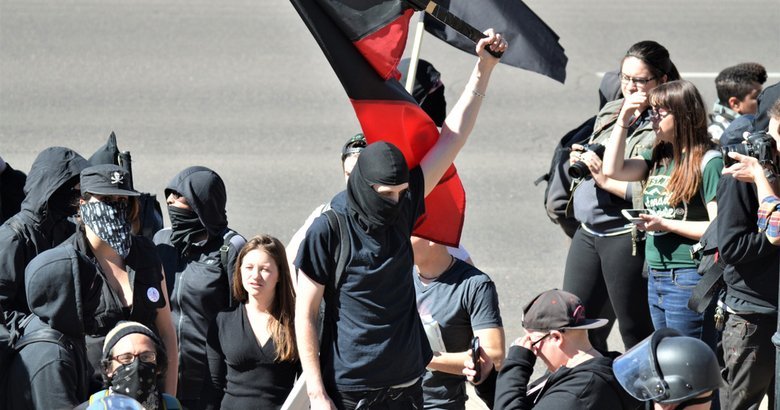October 29, 2019
The use of social media by extremists has been in the spotlight in recent years following countless deadly attacks, be it by Islamic State or far-right terrorists. While social media giants have taken several measures to identify and remove extremist material, there are several other options.
The recruitment and radicalization of an individual differ of various levels, though, with lone wolf Islamists radicalization significantly more online as opposed to far-right or far-left extremists.
While it is evident that offline factors such as face-to-face communication is one of the most powerful forces of radicalization, the ability to find slick videos and messages of hate at the tips of one’s fingertips allows for terror groups and far-right extremists to quickly spread their propaganda and ideology to thousands of sympathizers across the world.
The Arab Spring of 2011 followed by the devastating Syrian civil war, and the Islamic State Group convened at a time that also saw the rise of popularity of social media and online networks.
That convergence led to thousands of individuals traveling abroad to join the terror group in Syria and Iraq. A significant number doing so after being radicalized online on social networking or other forms of online media.
But the internet is not only a facilitator, it can act as an echo chamber that impressionable youth might find offline by peer pressure and online in chat rooms and other online social networks that serve to reinforce their newly formed beliefs.
The internet offers the possibility to research information individuals have heard in person, with varying degrees of anonymity and little government oversight. Messages which have otherwise not been spread as far or as wide are able to be consumed by millions across the globe.
Online, individuals who may have been recruited offline are radicalized even further, with the ability to communicate almost 24/7 with others of a similar mindset and develop strong bonds and friendships which can also see them planning attacks with their “brothers-in-arms.”
While there hasn’t been a lot of research into the role of the use of social media in violent radicalization, there are several solutions out there to put a stop to such material such as automated web intelligence based on sophisticated technologies such as artificial intelligence (AI) as well as machine learning.
The ability of AI-driven search engines, capable of sifting through an infinite amount of critical data across all layers of the internet including open source and the dark web, optimizes investigations and provides authorities with precise intelligence much faster than ever before.
A social network analysis with the data mined by the AI-driven search engines valuable information such as patterns, relationships, and associations can reveal critical insights. The ability to then create a linkage map of suspects can then be made, providing a better understanding of the group.
Even with encrypted social networks where individuals attempt to circumvent authorities, by using web intelligence tools to identify individuals or groups, authorities are able to intercept chatter by groups and even track if they may be planning an attack or planning to fly to another country to join a terror group.
Share:

Request a Demo
"*" indicates required fields